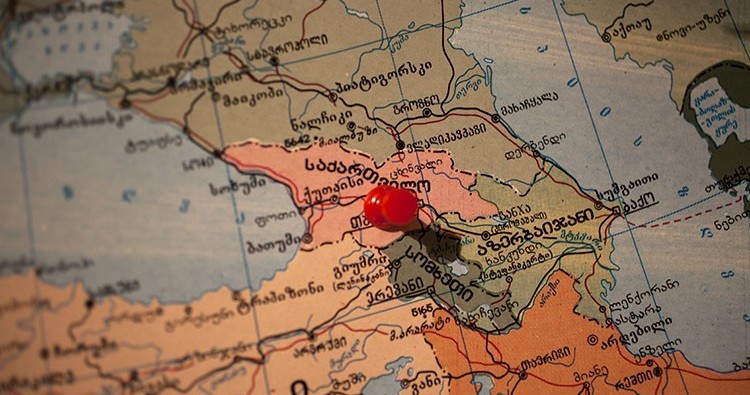Georgia’s poverty rate at “historic low” of 15.6% - Gov't Administration

The Administration said 549,000 people had got out of poverty in the country last year, and contrasted the figure of over 1.1 million people below the poverty line in 2012 with the 2022 figure of 574,000. Photo: Nino Alavidze/Agenda.ge
The Administration of the Government of Georgia on Monday said the economic data of 2022 had shown the poverty rate in the country was at a “historic low” of 15.6 percent.
The Administration said 549,000 people had got out of poverty in the country last year, and contrasted the figure of over 1.1 million people below the poverty line in 2012 with the 2022 figure of 574,000.
Economy Minister Levan Davitashvili said the double-digit economic growth of the past two years and the Government’s “targeted social policy” had been reflected in both the increase of employment and reduction of poverty.
We should continue this pace [and] this trend in order to improve the condition of citizens in the country”, Davitashvili said, adding defeating poverty was “one of the main tasks” of the Government and its economic team.
The summary 2022 data by the National Statistics Office of Georgia said on Monday the share of the population under the absolute poverty line had decreased by 1.9 percent year-on-year.
It showed the poverty figure had decreased by 2.7 percentage points, to 12.3 percent, in urban areas, and by 0.7 percentage points, to 20.6 percent, in rural locations.
The absolute poverty rate also decreased in all age groups of the population in 2022.
The Office said the poverty indicator stood at 20.4 percent (-2.3 percentage points) in the under-18 age group, at 15.3 percent (-2.0 percentage points) in the 18-64 age group, and 10.5 percent (-1.4 percentage points) in 65 and older age group.
Absolute poverty rates for women decreased by 1.8 percentage points, to 15.3 percent, while for men it decreased by 2.1 percentage points and stood at 15.8 percent.
The Gini coefficient - which measures inequality among values such as levels of income - changed from 0.37 to 0.36 for total incomes compared to 2022, while it remained unchanged at 0.34 in total consumption expenditures.
Davitashvili noted lowering Gini coefficients signified more evenly distributed incomes, adding the trend was “very important for the formation of a right society”.
Georgia’s population was measured at 3,736,400 people as of January 1.
 Tweet
Tweet  Share
Share










